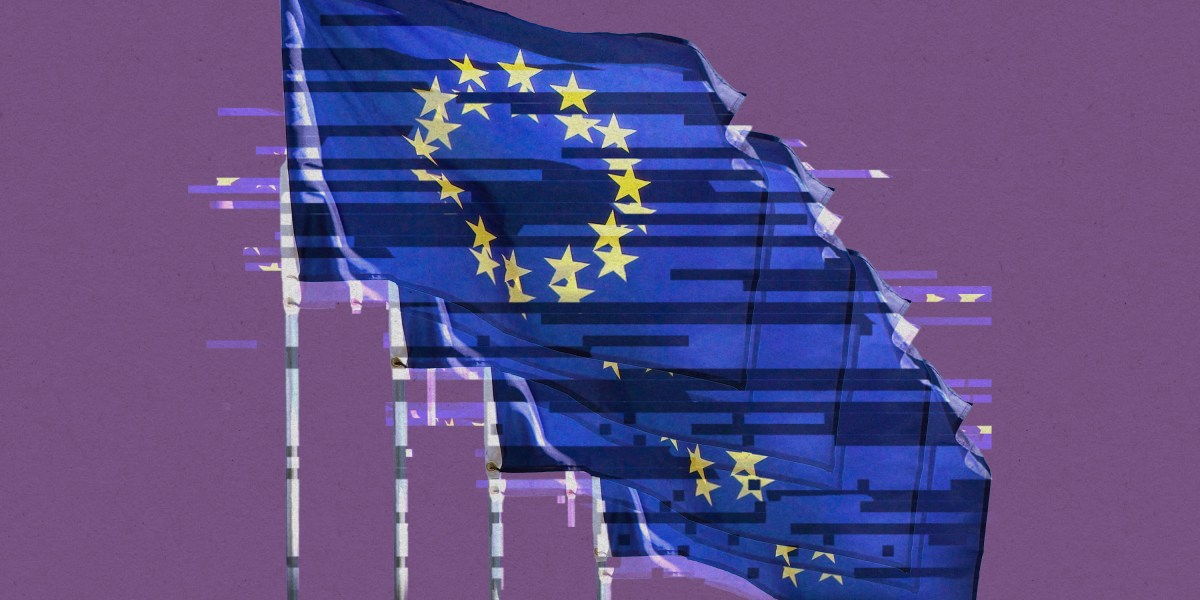On December 11, 2023, the European Union (EU) reached a final agreement on the Artificial Intelligence Act (AIA), a regulation for artificial intelligence (AI). The law will regulate the development, use, and oversight of AI systems, aiming to mitigate the potential risks of AI and promote the development of safe and ethical AI technologies. The law classifies AI systems as "high-risk," "general," or "low-risk," with strict regulations applying to high-risk AI systems. High-risk AI systems include 1) AI systems used in areas where AI poses a significant risk to fundamental rights, such as healthcare, education, and public safety, 2) AI systems that pose a risk of discrimination, bias, or human rights violations, 3) AI systems that could lead to unintended consequences. The law also imposes requirements on AI developers and users, such as transparency, explainability, and accountability.
2023년 12월 11일, 유럽연합(EU)는 인공지능(AI) 규제 법안인 '인공지능 법(Artificial Intelligence Act)'에 최종 합의했다. 이 법안은 AI 시스템의 개발, 사용 및 감독을 규정하는 것으로, AI의 잠재적 위험을 완화하고 안전하고 윤리적인 AI 기술의 개발을 촉진하기 위한 것이다. 법안은 AI를 '고위험', '일반', '저위험'으로 분류하고, 고위험 AI에는 엄격한 규제가 적용된다. 고위험 AI에는 1) 건강관리, 교육, 공공안전 등 기본 권리에 대한 위험이 큰 분야에서 사용되는 AI 2) 차별, 편견, 인권침해의 위험이 있는 AI 3) 원치 않는 결과를 초래할 수 있는 AI 등이다. 법안은 또한 AI 개발자와 사용자에게 투명성, 설명 가능성, 책임성 등의 요구 사항을 부과한다.

